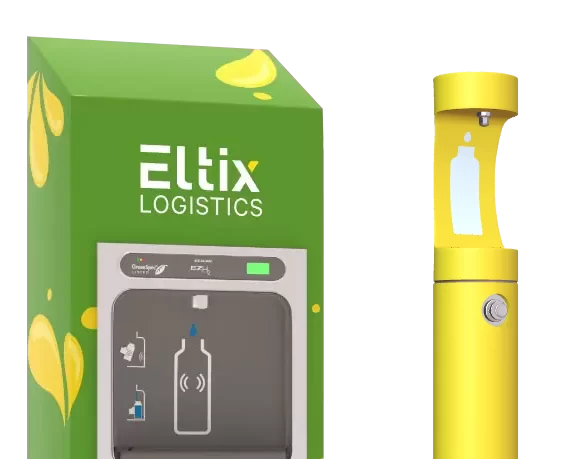So when teachers notice that the kids whose concentration is wavering in class are the same ones who are seldom seen at the school water coolers, inadequate hydration is probably the problem.
Physicians have long been aware of the importance of drinking water in schools, but this has never been adequately reflected in legislation or school rules. Regulations pay lip service to the need for school drinking water, but nowhere are there any standards which spell out the requirements.
In the absence of regulations and effective guidelines, school management fears about disruption and vandalism have often been used to defer the provision of adequate drinking facilities in school yards.
Awareness of the need to address drinking water problems in schools has grown with the publication of findings from a number of recent studies. One of these is based on an investigation in 32 German schools which examined the connection between drinking water and weight. In some of the schools, pupils were given personal water bottles and encouraged to drink more water. By the end of the school year, children in the schools where water use was promoted were 30 per cent less likely to be overweight.
With the national epidemic of obesity spreading at an alarming rate, this investigation alone should be enough to send schools rushing to install new drinking facilities.
So how much should children drink? The standard recommendation is at least 1.5 to 2.0 litres of water per day, taken in regular small amounts. That means that every child should be drinking at least a litre of water during the school day, and probably more, because the child will spend the most physically active part of the day at school.
The well hydrated child will spend more time exercising, will enjoy it more and will be keen to exercise regularly. That same child will also be mentally sharper and will learn more effectively. This is because they are less likely to suffer from the tiredness, headaches and malaise that come with even mild dehydration. Those first, mild symptoms are likely to be accompanied by decreased alertness and a reduced ability to concentrate.
It’s clear from even these most common symptoms, that well hydrated children are healthier and function better. Not only does a healthy supply of school drinking waterensure that children are operating at their best, but the there are far fewer classroom disruptions caused by fatigued and irritable children.


 20th Mar 2015 by MIW Water Coolers
20th Mar 2015 by MIW Water Coolers









